
In an age of rapid scientific advancement and accessible information, many nutrition myths that were once considered gospel have been debunked. Our grandparents often followed dietary advice based on the knowledge and cultural beliefs of their time, which, though well-intentioned, might not hold up under today’s scientific scrutiny. This article revisits 12 of those myths and contrasts them with current nutritional science, providing insights that align with contemporary health trends and research.
Myth 1: Margarine is Healthier Than Butter
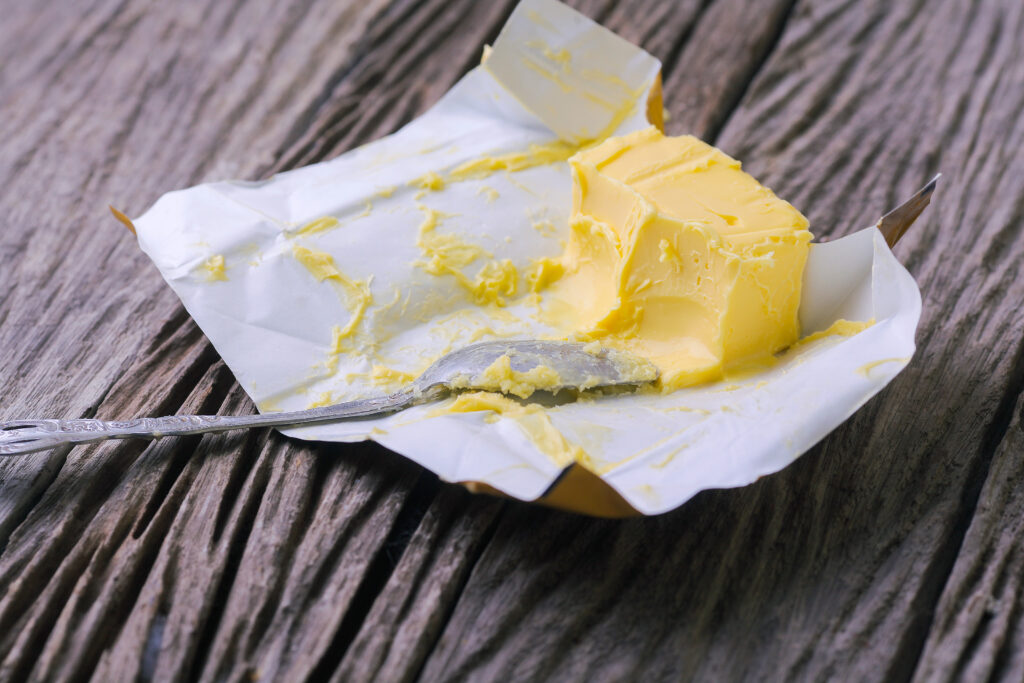
For decades, margarine was championed as a heart-friendly alternative to butter. Originally, margarine became popular due to its lower saturated fat content. However, we now understand that many margarines contain trans fats, which are linked to heart disease and other health issues. Current dietary guidelines recommend moderate consumption of natural fats like butter, preferably from grass-fed sources, and warn against the artificial trans fats often found in margarine.
Myth 2: Eating Eggs Raises Your Cholesterol Levels

Grandparents often warned against eating too many eggs for fear of high cholesterol, leading to heart disease. Today, extensive research shows that eggs do not significantly affect the cholesterol levels in the majority of people. In fact, eggs are a nutrient-rich food, providing high-quality protein and important vitamins. The current consensus suggests that most individuals can safely consume an egg a day without increasing their risk of heart disease.
Myth 3: Low-Fat Diets Are Always Healthier
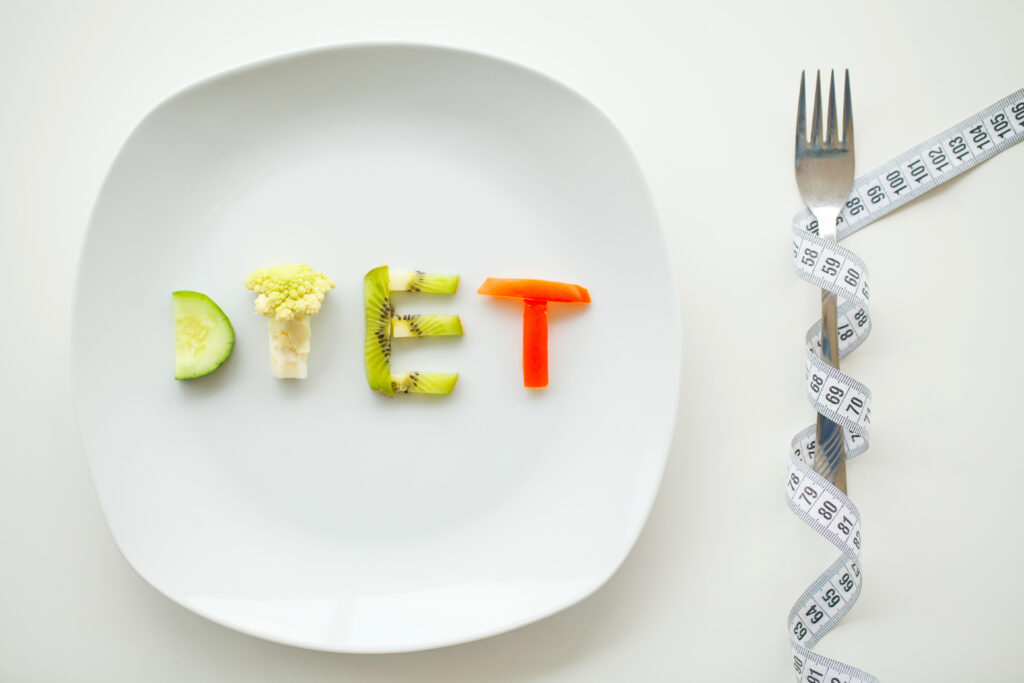
The low-fat diet craze peaked in the late 20th century, underpinned by the belief that reducing fat intake was universally beneficial for weight loss and heart health. However, recent studies show that diets rich in healthy fats, like those from avocados, nuts, and fish, are essential for good health. These fats are vital for nutrient absorption and brain function, highlighting the importance of balance rather than elimination.
Myth 4: Carbohydrates Make You Fat
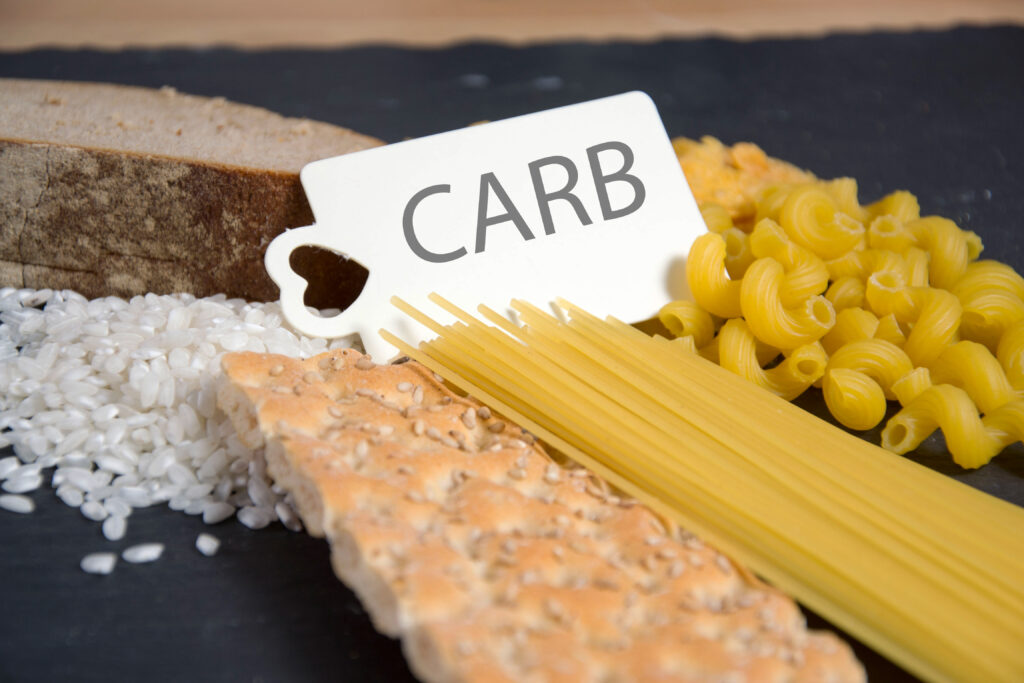
The fear of carbohydrates has cycled through various diets, from Atkins to keto. While it’s true that refined carbs like sugar and white flour can contribute to weight gain and metabolic issues, complex carbohydrates such as those found in whole grains, fruits, and vegetables are crucial for energy and overall health. These sources provide fiber, which aids in digestion and helps maintain steady blood sugar levels.
Myth 5: You Should Drink Eight Glasses of Water a Day

This widely accepted rule was preached without much scientific backing. While staying hydrated is crucial, the amount of water each person needs can vary greatly depending on factors like age, activity level, and climate. Modern guidelines suggest drinking according to thirst and including other sources of hydration, such as fruits and vegetables, which can also contribute significantly to our water intake.
Myth 6: Skipping Meals Helps You Lose Weight
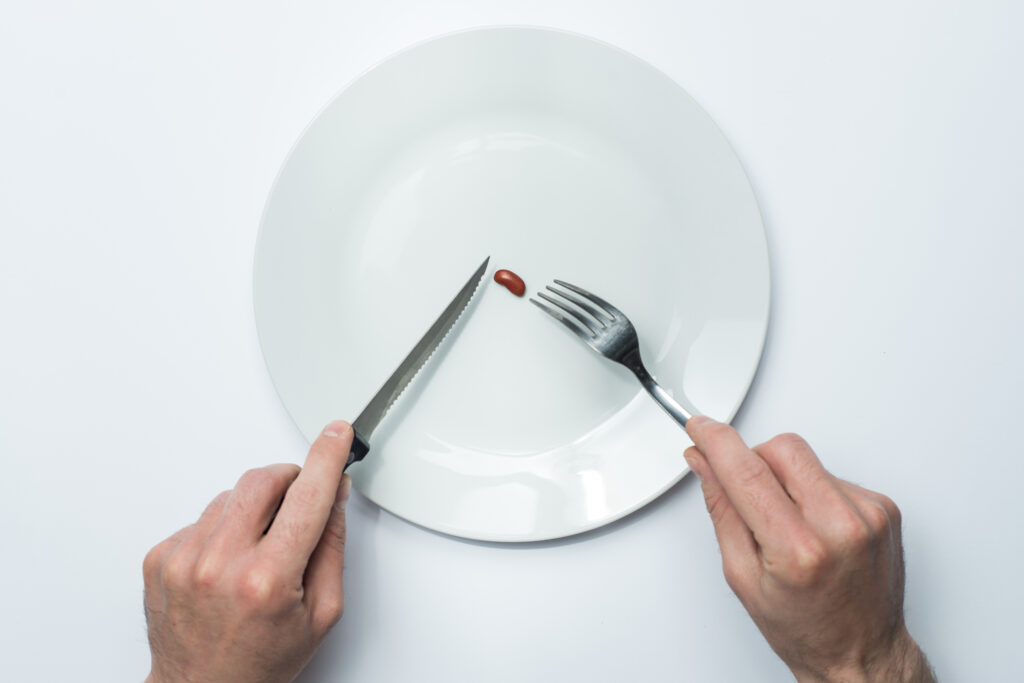
Meal skipping, particularly breakfast, was once seen as a viable weight loss strategy. Contemporary research, however, supports regular meal consumption as a way to boost metabolism and maintain steady blood sugar levels. Eating consistent, well-balanced meals is more effective for weight management than intermittent fasting without medical guidance.
Myth 7: Salt is Universally Bad for You
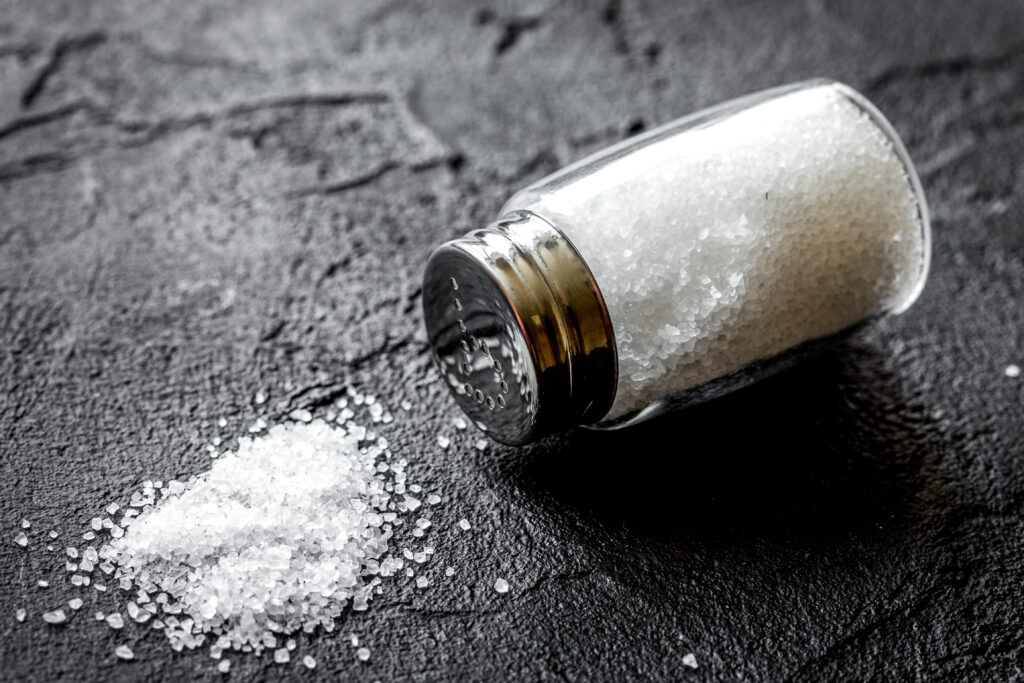
While excessive salt intake can lead to high blood pressure and cardiovascular disease, completely eliminating salt from your diet can also be harmful. Salt is essential for bodily functions like muscle operation and nerve transmission. The key is moderation and opting for natural salt sources over processed foods, which tend to contain higher sodium levels.
Myth 8: Red Meat Causes Cancer
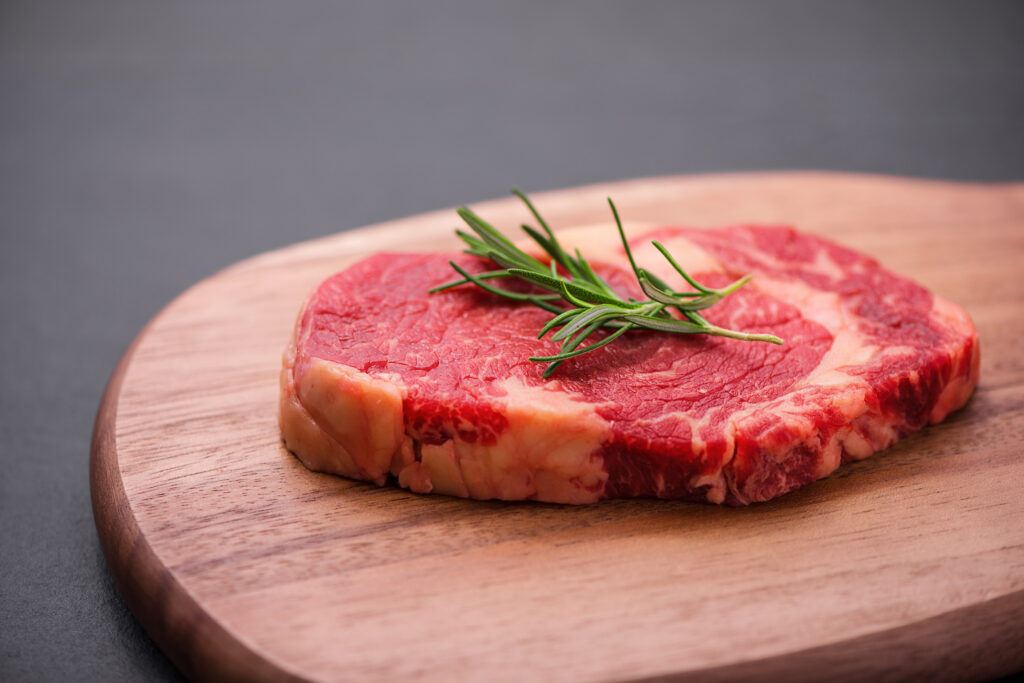
Red meat has been at the center of a nutritional controversy, with claims linking it to cancer and heart disease. Current research advocates for moderation, emphasizing that while excessive red meat consumption can increase certain health risks, it can be a valuable source of protein and iron when eaten in controlled amounts, preferably as part of a varied diet.
Myth 9: All Saturated Fats Are Bad

The demonization of all saturated fats has shifted as recent studies distinguish between different types. While it’s still advisable to limit certain sources like fatty meats and cheese, other saturated fats, such as those found in coconut oil, may actually provide health benefits when consumed in moderation.
Myth 10: Artificial Sweeteners Are a Healthy Substitute for Sugar
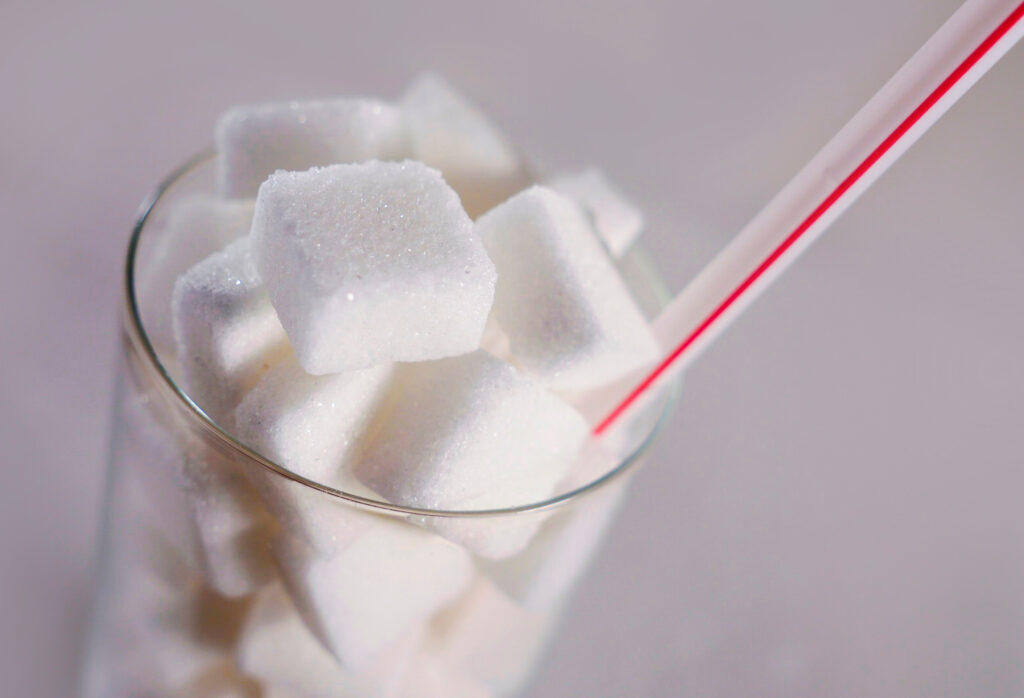
Artificial sweeteners were once hailed as the answer to safe weight loss. However, emerging research indicates that they may affect our gut bacteria and insulin sensitivity. While they are still a tool for managing sugar intake, natural sweeteners like stevia are often recommended as healthier alternatives.
Myth 11: Superfoods Offer Cure-All Benefits
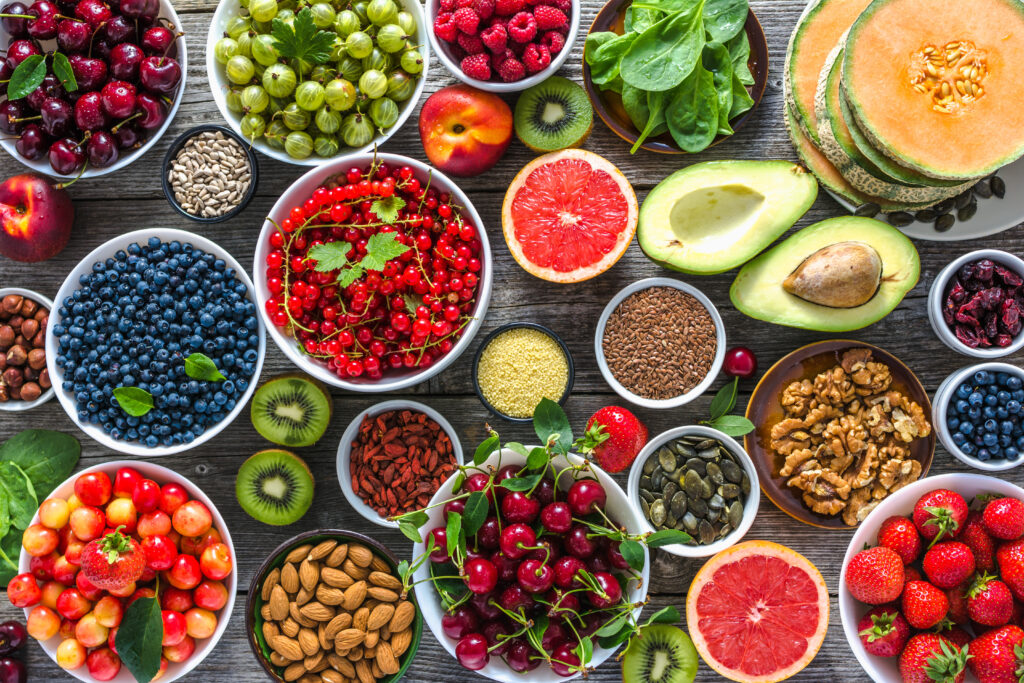
The term “superfood” is more of a marketing term than a scientifically defined category. While foods like blueberries, kale, and quinoa are nutrient-dense, no single food can provide all the health benefits or replace a balanced diet. Nutritional balance is about variety and moderation.
Myth 12: Detox Diets Are Necessary for Cleansing
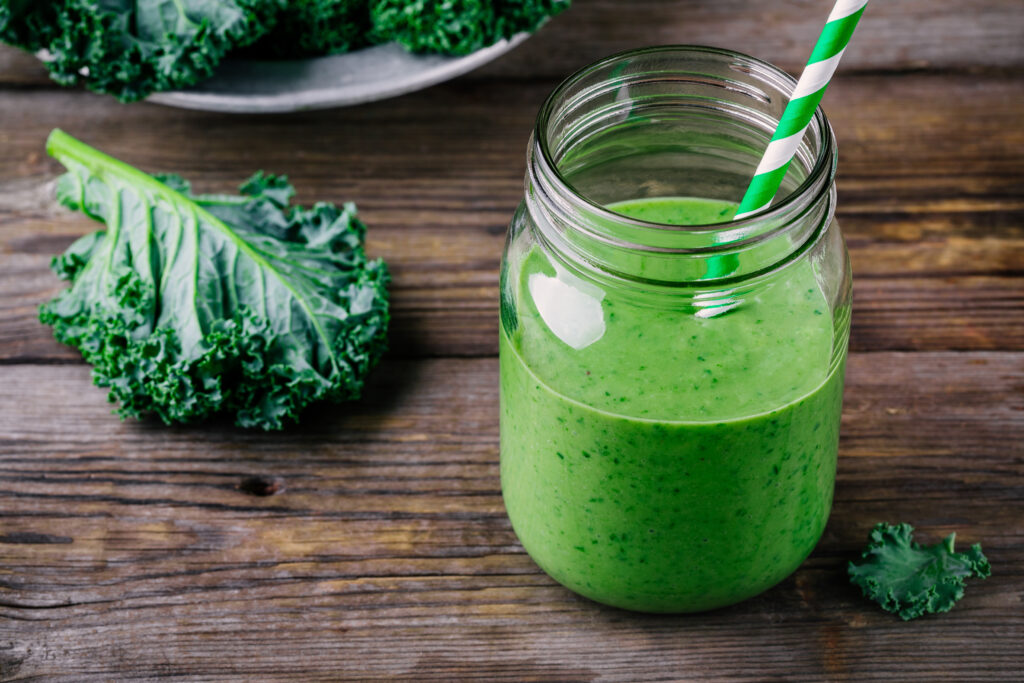
Detox diets were believed to purge toxins from the body. Science tells us now that our liver and kidneys are quite effective at removing toxins without special diets. While short-term detox programs can jump-start a healthy eating pattern, long-term health is best supported by consistently eating a well-balanced diet.
Diet Isn’t Based on Tradition

By revisiting and revising these old myths, we can embrace a diet that’s not only based on tradition but also informed by modern science, ensuring that our nutritional choices support a healthy and vibrant lifestyle.

